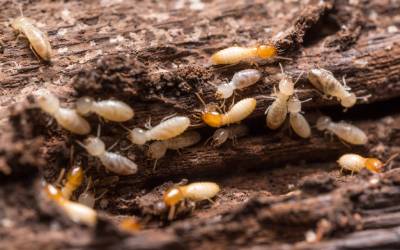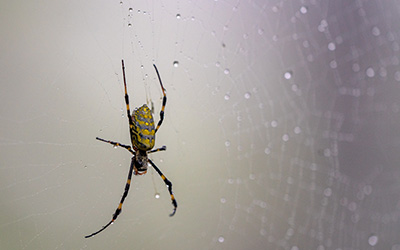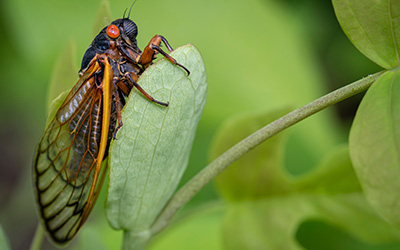
Spring is a beautiful time of the year, but it also brings some unwanted visitors to your home: swarming termites. Termites are wood-destroying insects that can cause severe damage to your property and compromise its structural integrity. Thus, it is crucial to understand what kind of termites swarm, why they swarm, and how to stop and control them.
Why Do Termites Swarm?
Termites swarm to reproduce and establish new colonies. Swarming is a natural phenomenon that occurs when a mature termite colony reaches a certain size and finds favorable environmental conditions. Swarming typically occurs in spring, but some termites in other regions may do it in summer or fall.
Winged termites emerge from their nests in large numbers and fly in search of mates and suitable locations to start new colonies. Light and moisture attract them, so they often swarm around windows, doors, lights, or vents. After finding a mate, they shed their wings and burrow into the soil or wood to lay eggs and form a new colony.
Which Termites Swarm?
Over 2,000 types of termites exist worldwide, and the U.S. has at least 50 of them. The eastern subterranean termite is the most prevalent type of termite that can invade your Bristol, Tennessee, house. This termite lives underground and feeds on wood and cellulose materials. It can build extensive tunnels and galleries to reach its food sources above ground. It can also enter your home through cracks or gaps in the foundation, walls, or floors.
Eastern subterranean termites swarm in spring, usually between March and May. They swarm during the day, especially after a warm rain. They have black or dark brown bodies and translucent wings that are twice as long as their bodies. They are about 1/4 inch long and look like flying ants.
How to Prevent and Control Termites
Swarming termites may indicate the presence of an active termite infestation close to your property. You must take immediate action to stop additional damage and protect your property. Here are tips to prevent and control termites:
- Look for signs of termite activity, such as discarded wings, mud tubes, wood damage, or live or dead termites.
- Eliminate any sources of moisture or wood contact around your home.
- Fix any leaks or drainage problems in your plumbing system.
- Keep gutters and downspouts clean and free of debris. Avoid stacking firewood or mulch near your foundation or siding.
- Seal any openings or cracks in your foundation, walls, or floors. Use caulk, mesh, or steel wool to block potential termite entry points.
- Inspect your home for any signs of termite activity or damage. Pay close attention to locations like porches, crawl spaces, attics, and basements susceptible to moisture or wood touch.
Call a Professional Exterminator
It is best to hire a professional if you suspect a termite infestation or want to prevent one. A professional exterminator can inspect your home thoroughly and identify the type and extent of the infestation. They can then apply the most appropriate treatment methods based on your situation and preferences.
Call Leo’s Pest Control Today
Termites are a significant threat to your peace of mind and your home. Do not let them ruin your spring season. If you need help with termite prevention or elimination in your home in Bristol, TN, contact us today. We offer free estimates and guaranteed results for all our pest control services.
The Spring Swarms of Termite Season in Bristol TN
Serving Tennessee & Virginia





